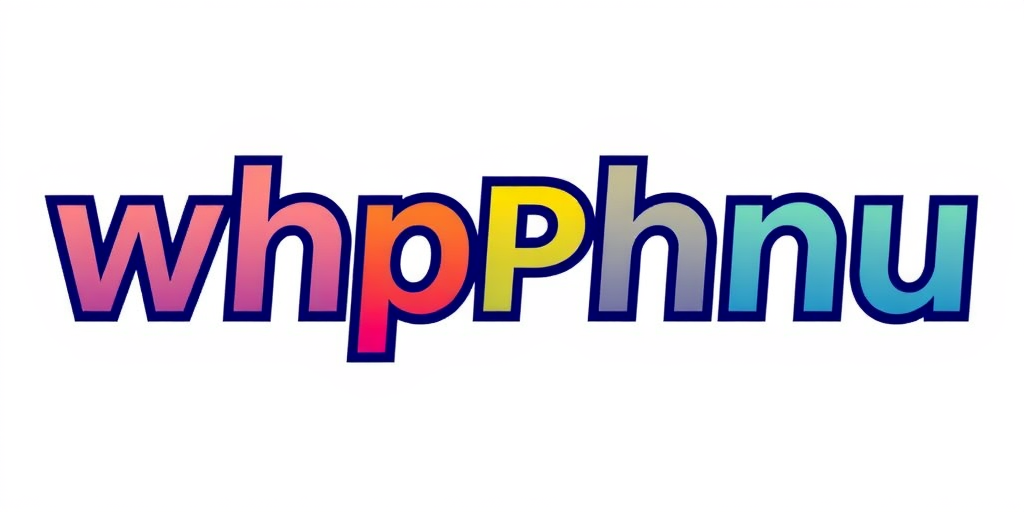Today's Top Highlights
Stay updated with the latest insights and trends in online gaming
News
 READ MORE
READ MORE
Major Digital Platform Executives Called to Appear Before Congress Over Online Radicalization

Alexandra Reese
17 Sep 2025
News
 READ MORE
READ MORE
Study Reveals Semaglutide Drugs Not as Beneficial for Psychological Consumption Problems

Alexandra Reese
17 Sep 2025
News
 READ MORE
READ MORE
Federal Reserve Cuts Key Borrowing Costs for Initial Instance Since December

Alexandra Reese
17 Sep 2025
News
 READ MORE
READ MORE
Inside the Current Department of Labor: Staff Report Cuts, Fear, and Insufficient Staffing

Alexandra Reese
17 Sep 2025
News
 READ MORE
READ MORE
Republicans Advocate $88M in Safety Spending After Conservative Activist Attack

Alexandra Reese
17 Sep 2025
News
 READ MORE
READ MORE
For Lionel Messi and the Herons, the MLS Cup Reigns Supreme

Alexandra Reese
17 Sep 2025
News
 READ MORE
READ MORE
Late-Night Comedians Take Aim at the President’s Lawsuit Actions and Conservative Discourse

Alexandra Reese
17 Sep 2025
News
 READ MORE
READ MORE
Military Tanks Advance into Major Gaza City Civilian District

Alexandra Reese
17 Sep 2025
News
 READ MORE
READ MORE
US Treasury Chief Allegedly Entered into Comparable Home Loan Commitment to Lisa Cook

Alexandra Reese
17 Sep 2025
News
 READ MORE
READ MORE
Trump’s Campaign on Science Leaves US Healthcare Experts Reeling: ‘They’re Sidelining Science’

Alexandra Reese
17 Sep 2025
September 2025 Blog Roll
August 2025 Blog Roll
July 2025 Blog Roll
June 2025 Blog Roll
Popular Posts
Sponsored News

News
Apes Ingesting a Daily Dose of One Lager Daily from Ripe Fruit, Research Finds
 Alexandra Reese
| 17 Sep 2025
Alexandra Reese
| 17 Sep 2025

News
The Boatyard Review – Seedy Cannibalistic Terror Preys On Wealthy Youngsters on a Yacht Journey to Carnage
 Alexandra Reese
| 17 Sep 2025
Alexandra Reese
| 17 Sep 2025

News
Texas State Expels Student Due to Alleged Imitative Behavior of Charlie Kirk Assassination
 Alexandra Reese
| 17 Sep 2025
Alexandra Reese
| 17 Sep 2025

News
Eddie Howe Calls On Team to Show They Are Elite Competitors Versus Barca
 Alexandra Reese
| 17 Sep 2025
Alexandra Reese
| 17 Sep 2025

News
The Sims 4's Reality Competition Expansion Is an Awesome Concept That Has One Potential Catch
 Alexandra Reese
| 17 Sep 2025
Alexandra Reese
| 17 Sep 2025

News
Ex- Employment Data Chief Expresses Concern Over Administration Meddling in Economic Statistics
 Alexandra Reese
| 17 Sep 2025
Alexandra Reese
| 17 Sep 2025





